Transformações são incubadas por muito tempo em segredo antes de se fazerem sentir violentamente na superfície. Um relato certeiro da história (econômica) de determinada época nunca pode ser produzido contemporàneamente, tão-somente em um momento subsequente.
Engels
LembreteO sentido do golpe
Privatização-cum-entreguismo
privatizar, entregar, arrochar
2016 ago 31: Impeachment: O programa
| "O programa de ... privatizações vai atingir cinco setores: óleo e gás, saneamento , infraestrutura, energia e mobilidade urbana. A orientação é transferir ao setor privado tudo que for possível." |
· 'óleo e gás': inclui pré-sal e Petrobrás
· Preferência pelo K^ estrangeiro (americano)
· 'reforma' previdência: flexibilização/extinção
da CLT
O que esperar de 2023?
(2022.12.23)
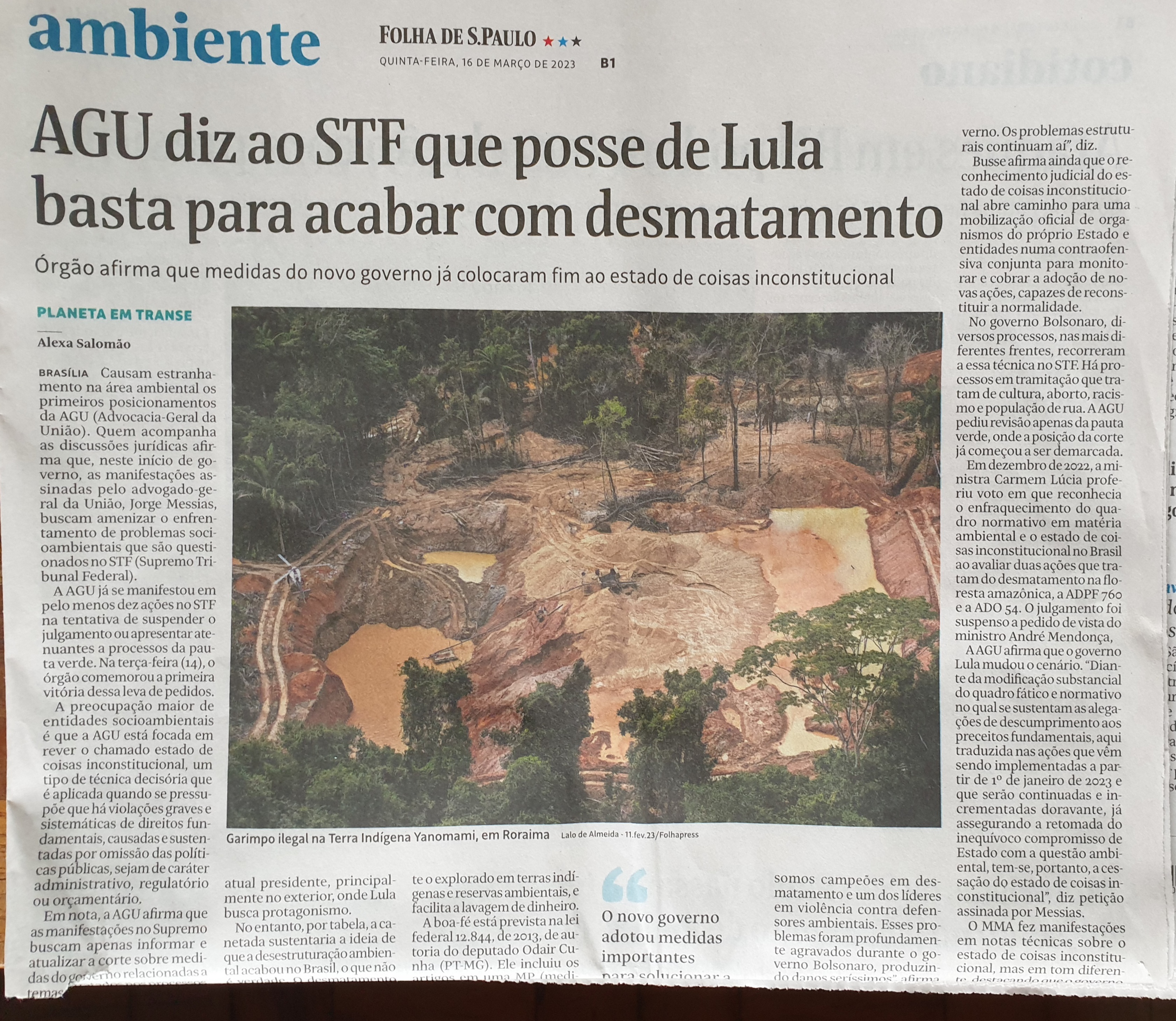
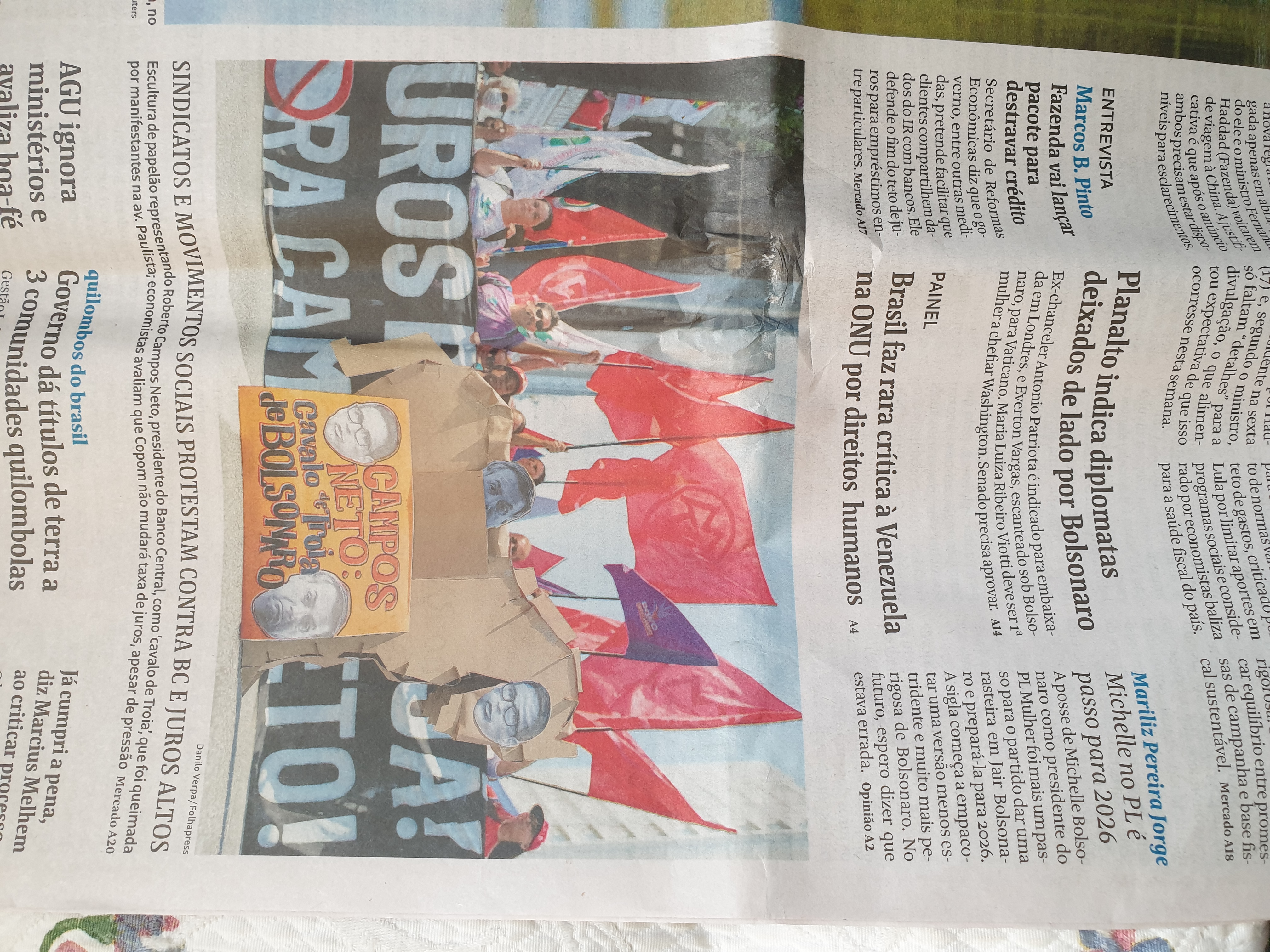
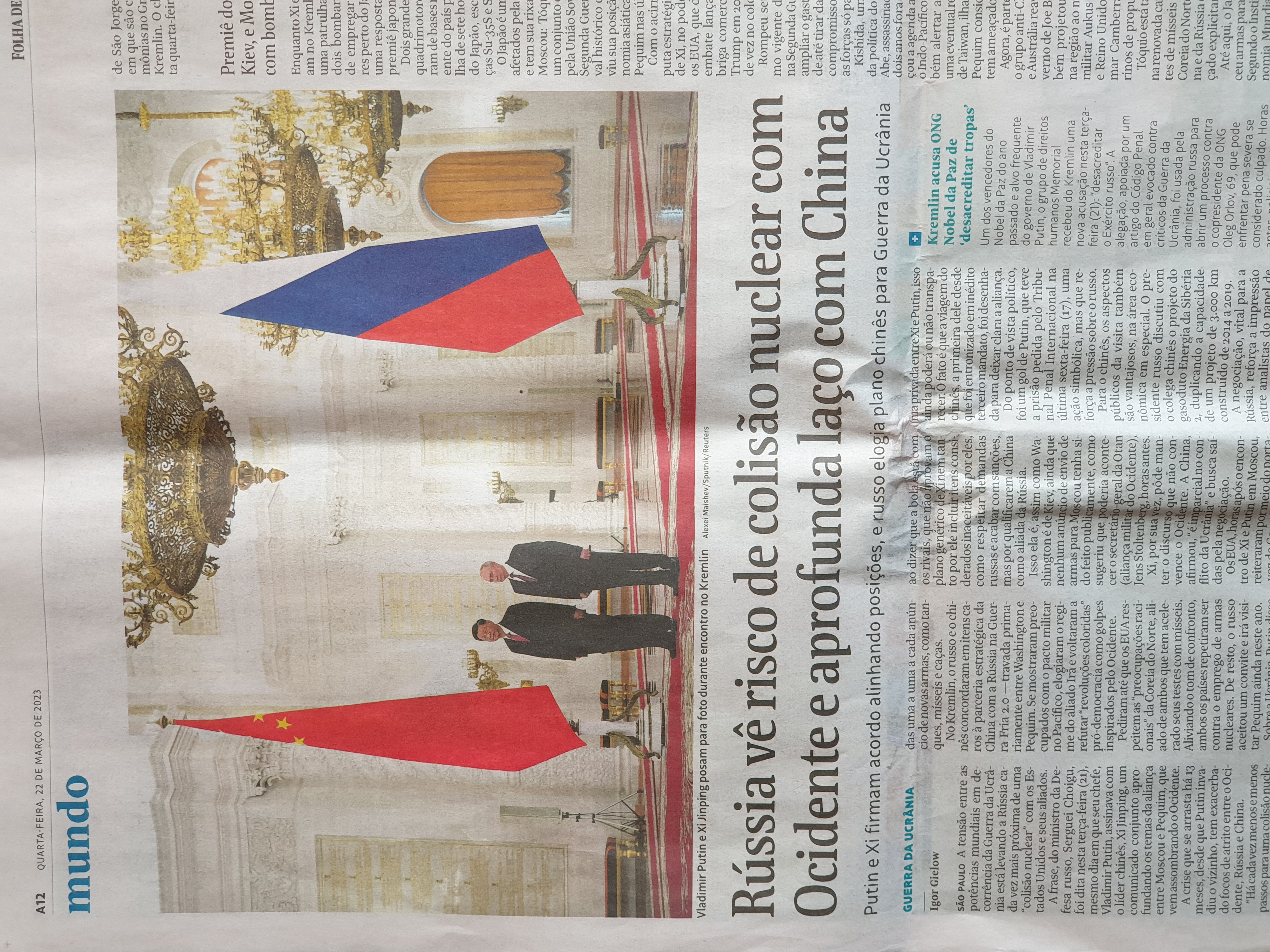
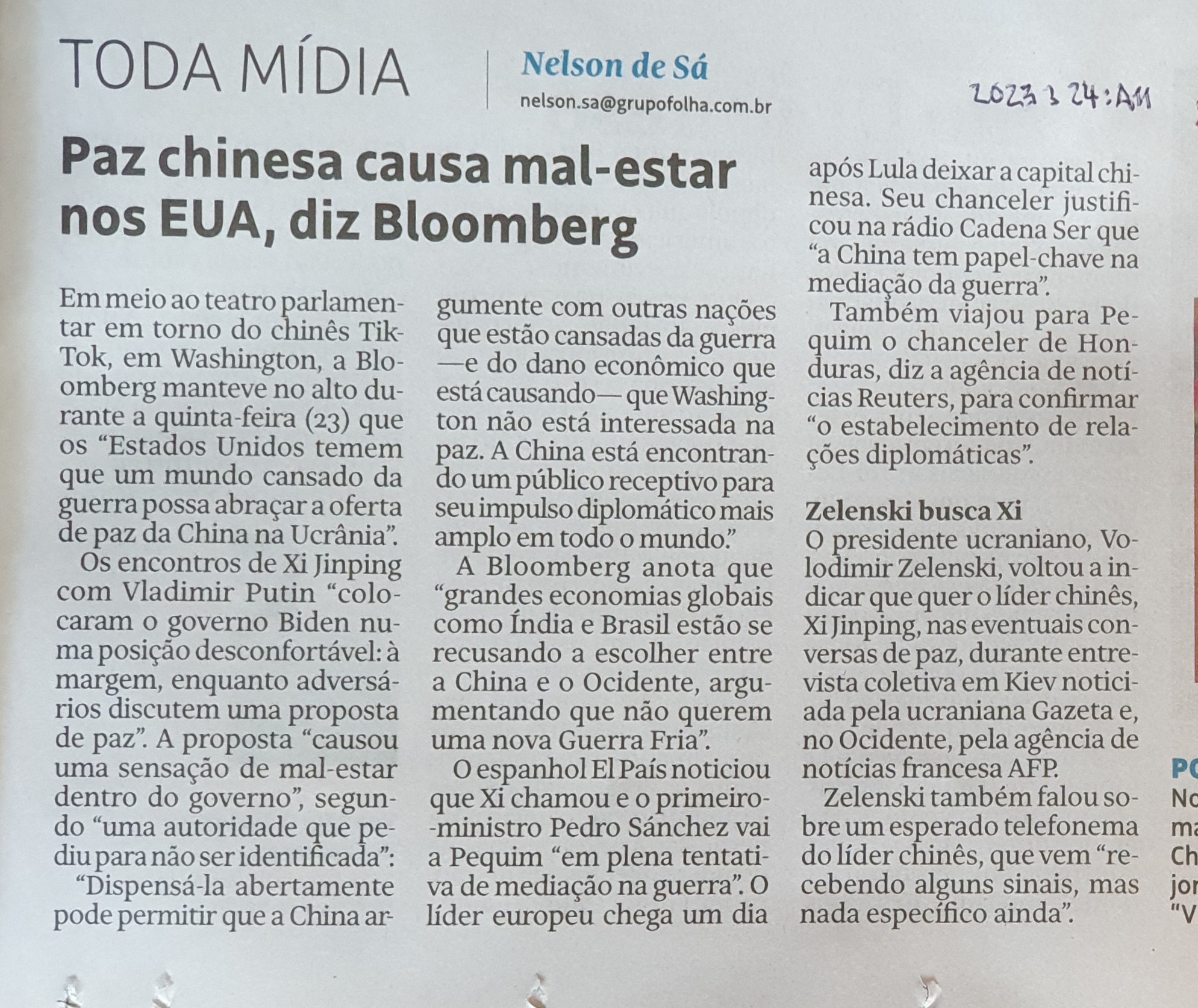
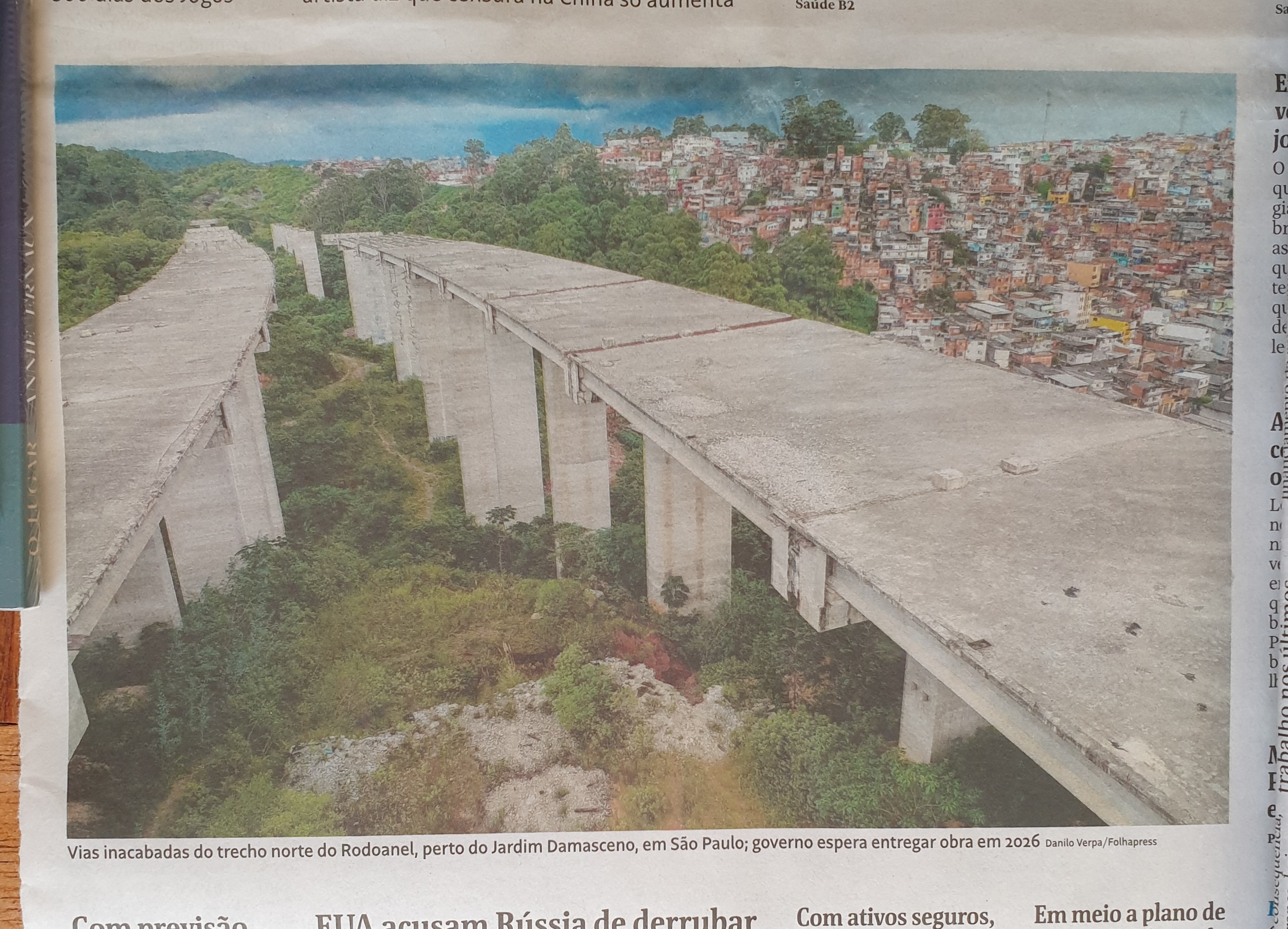
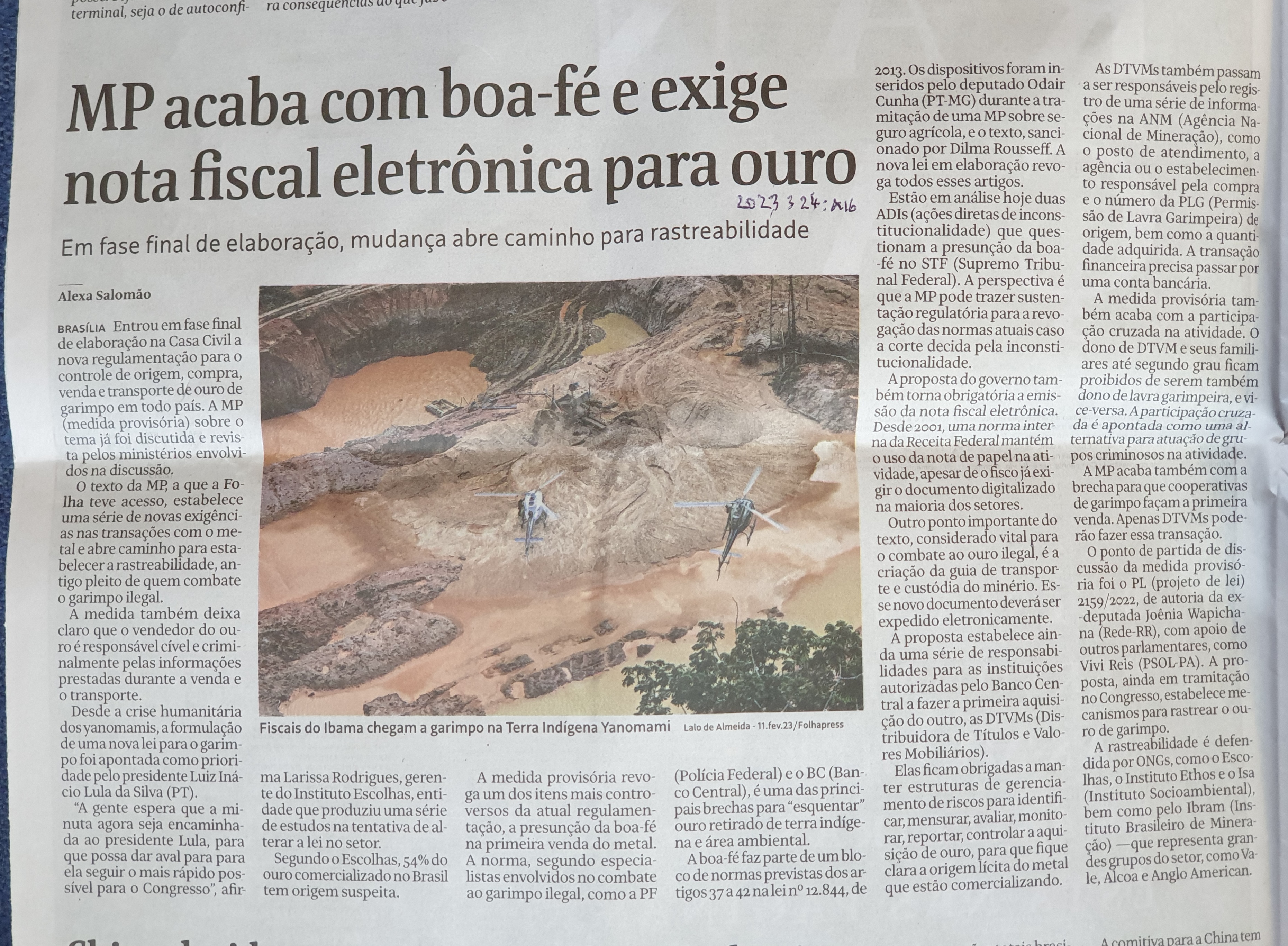
A viagem de Lula à China
2023 4 11-16
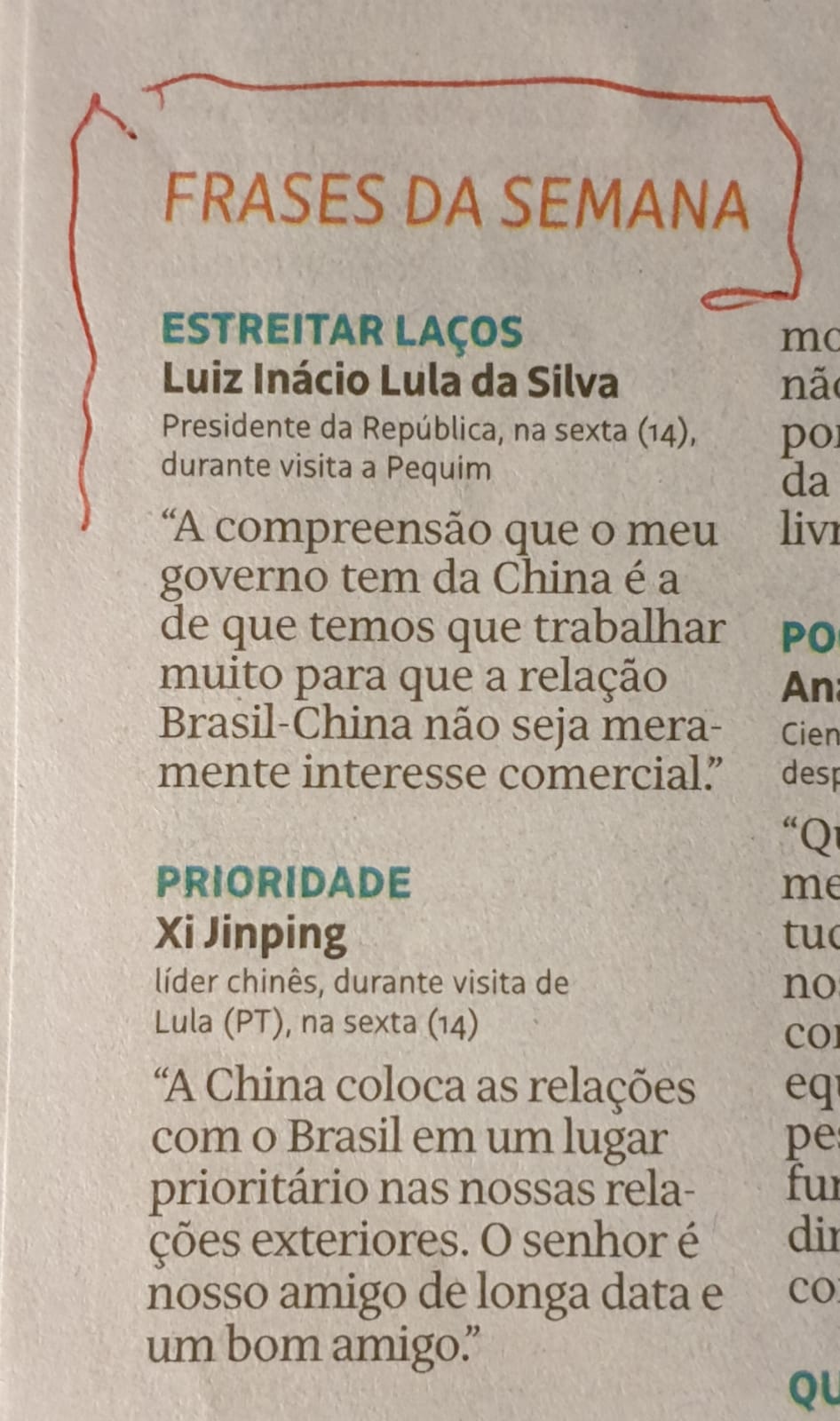
50 bilhões de investimento
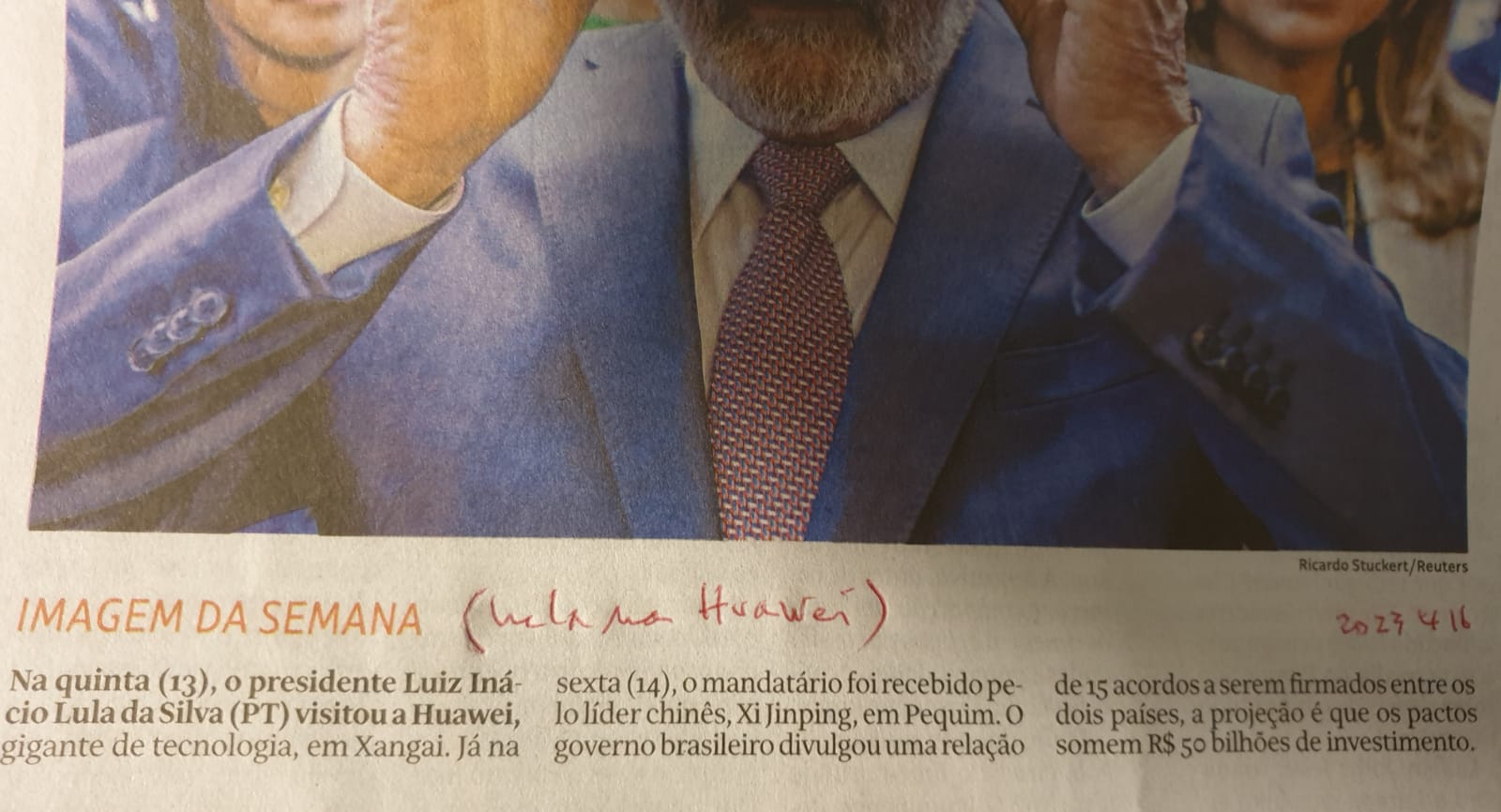
Incomoda
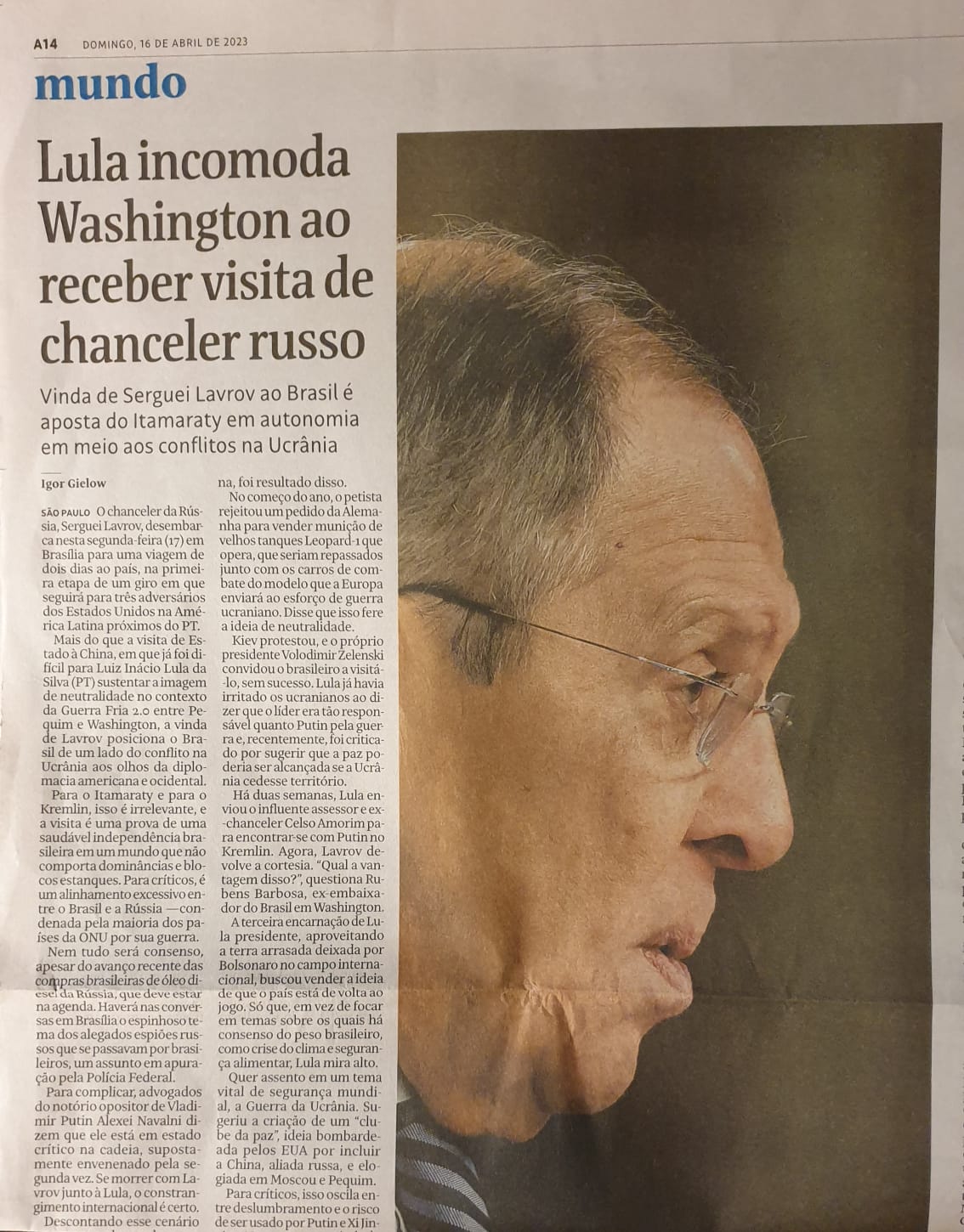
Novas vozes 23 04 16
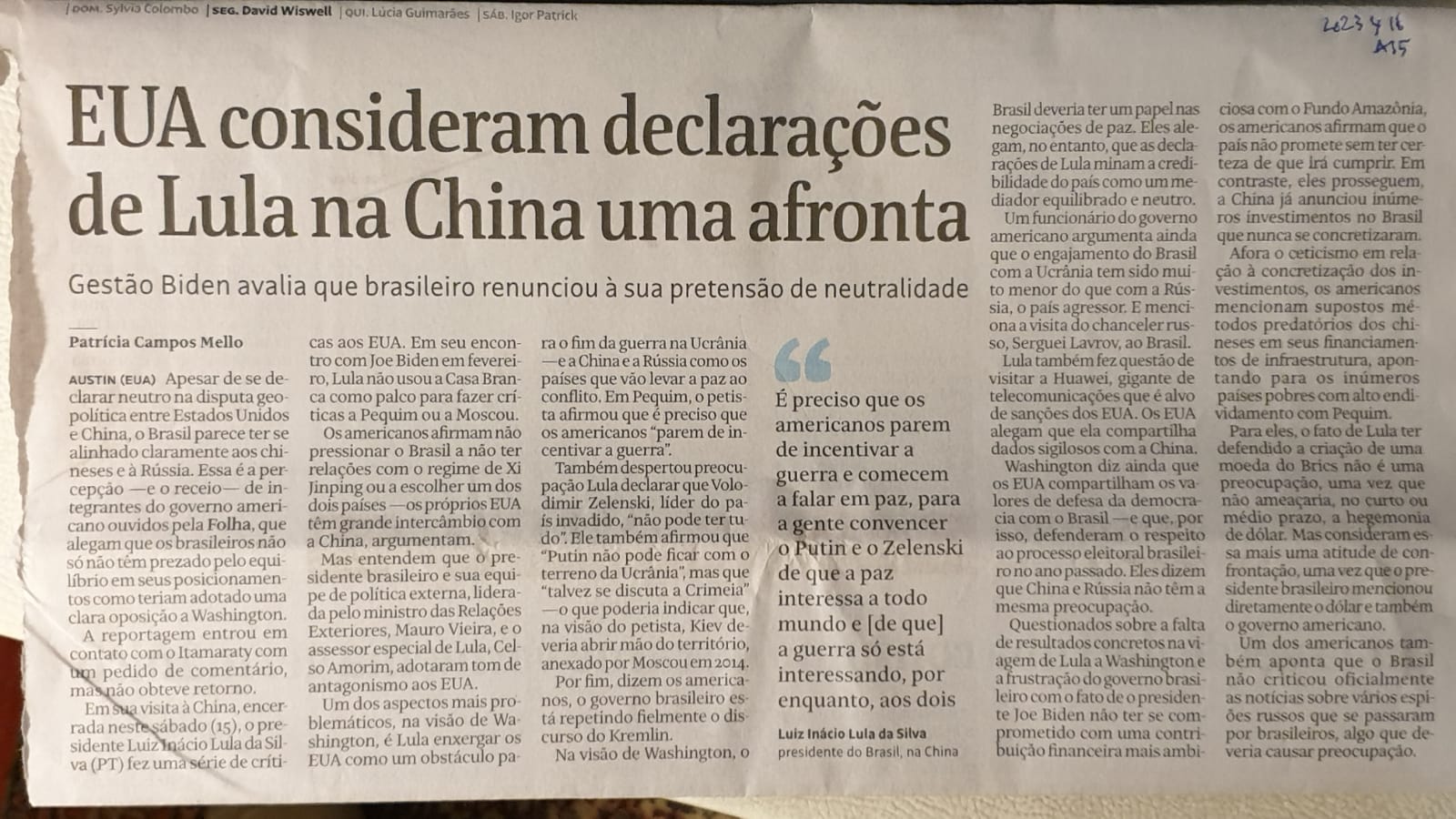
O contexto mundial:
fim do neoliberalismo
https://geopoliticaleconomy.com/2023/04/14/russia-neoliberal-west-world-majority/
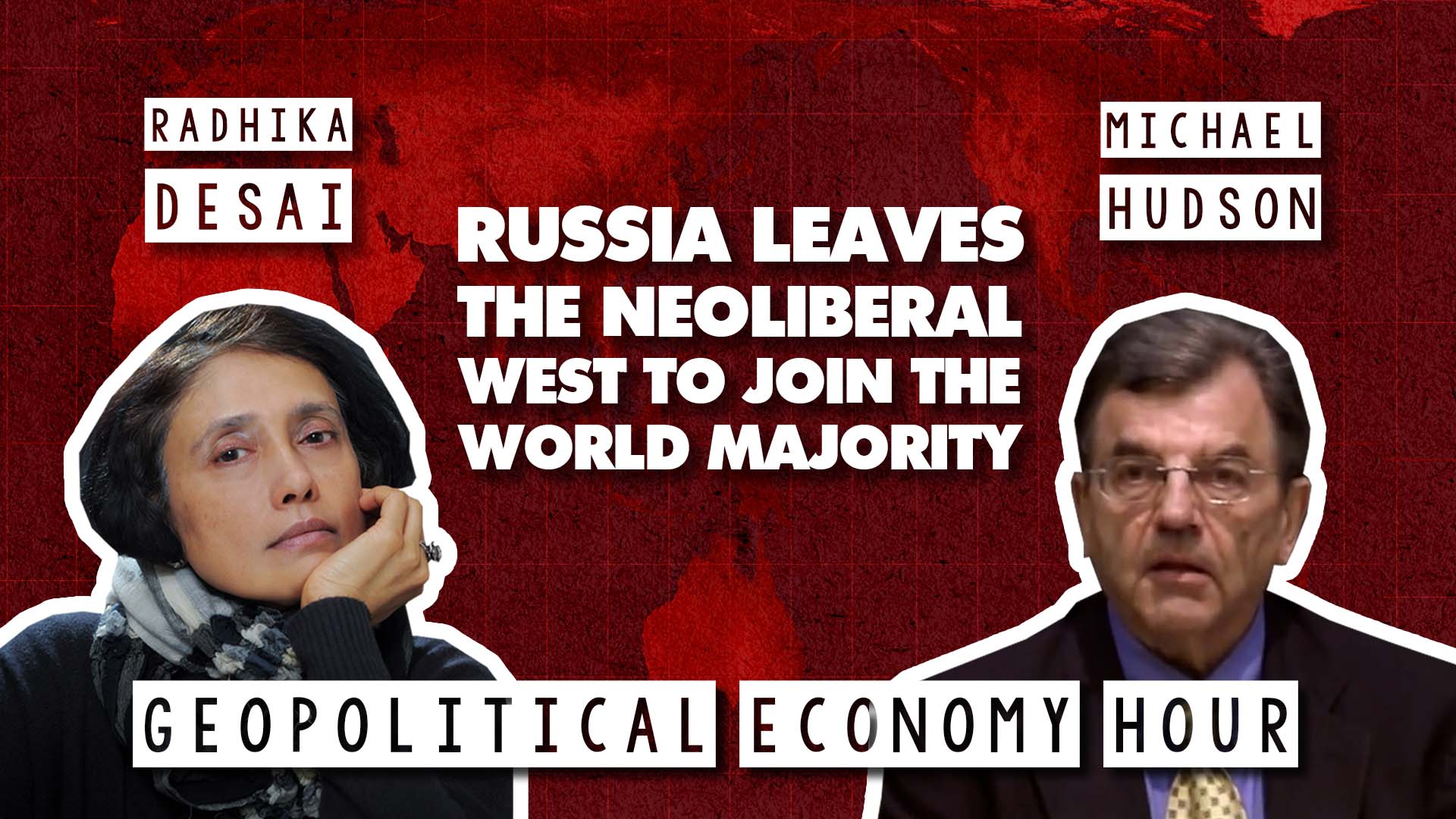
In this episode of their program Geopolitical Economy Hour, economists Radhika Desai and Michael Hudson discuss Russia’s economic transition away from the neoliberal West and integration with what it calls the “World Majority” in the Global South.
You can find more episodes of Geopolitical Economy Hour here.
Transcript (partial)
RADHIKA DESAI: Hi everyone, welcome to the seventh Geopolitical Economy Hour, a program about the political and geopolitical economy of the fast-changing world of today. ‘m Radhika Desai.
MICHAEL HUDSON: And I’m Michael Hudson.
RADHIKA DESAI: And as some of you know I just got back from Russia which is why we are doing this show with a week’s delay.
Of course it’s been a really interesting time there. I attended many conferences, talked to loads of people: economists, political observers, commentators, etc.
Michael and I thought that what we’d do today is talk about my impressions, and also weave them into a broader discussion about how the world order is changing towards multipolarity. So many things have happened.
President Xi went to Russia, and President Macron went to China, and so many things are going on. So we’ll weave all of that into a broader discussion about my impressions from Russia.
So what Michael and I thought we’d do is focus on two particular points that we thought were interesting that I picked up when I was in Russia is that during the whirlwind of conferences that I was at, at which some very prominent Russians spoke, the one thing that I heard that was really interesting is a decisive statement coming from some of the most influential speakers, that essentially Russia is moving away from the West and will never return.
And the second idea, which is also very fascinating, is that increasingly the Russians are now thinking of themselves as part of a “World Majority.”
Right, Michael? To us these are the two most interesting things.
MICHAEL HUDSON: The important point is that once you break away from the West, what are you going to break to?
And while you were in Russia talking about how they wanted something new, the whole West was in a turmoil. We’re really at a turning point of a civilization, probably the biggest turning point since World War I.
Where, in order to not follow the West, there has to be a whole new set of institutions that are non-Western. A new kind of International Monetary Fund (IMF), meaning some kind of a means of financing trade and investment among the non-Western countries.
Some kind of a new World Bank. Well so far we have the Belt and Road Initiative for a new kind of investment.
And what we’re really talking about, since a theme of our talk all along has been Biden saying that this split is going to go on for twenty years, we’re really talking about the split between Western finance capitalism and the global majority moving towards socialism.
(...)
 '
'